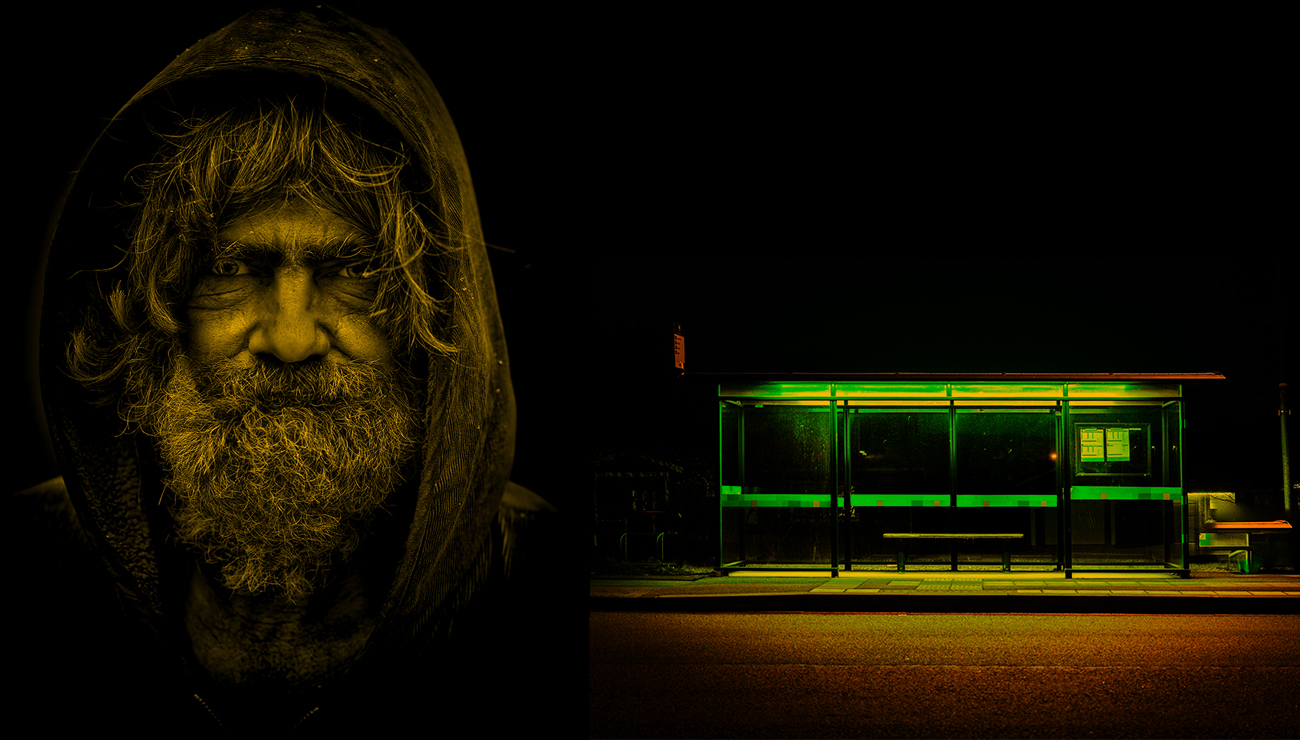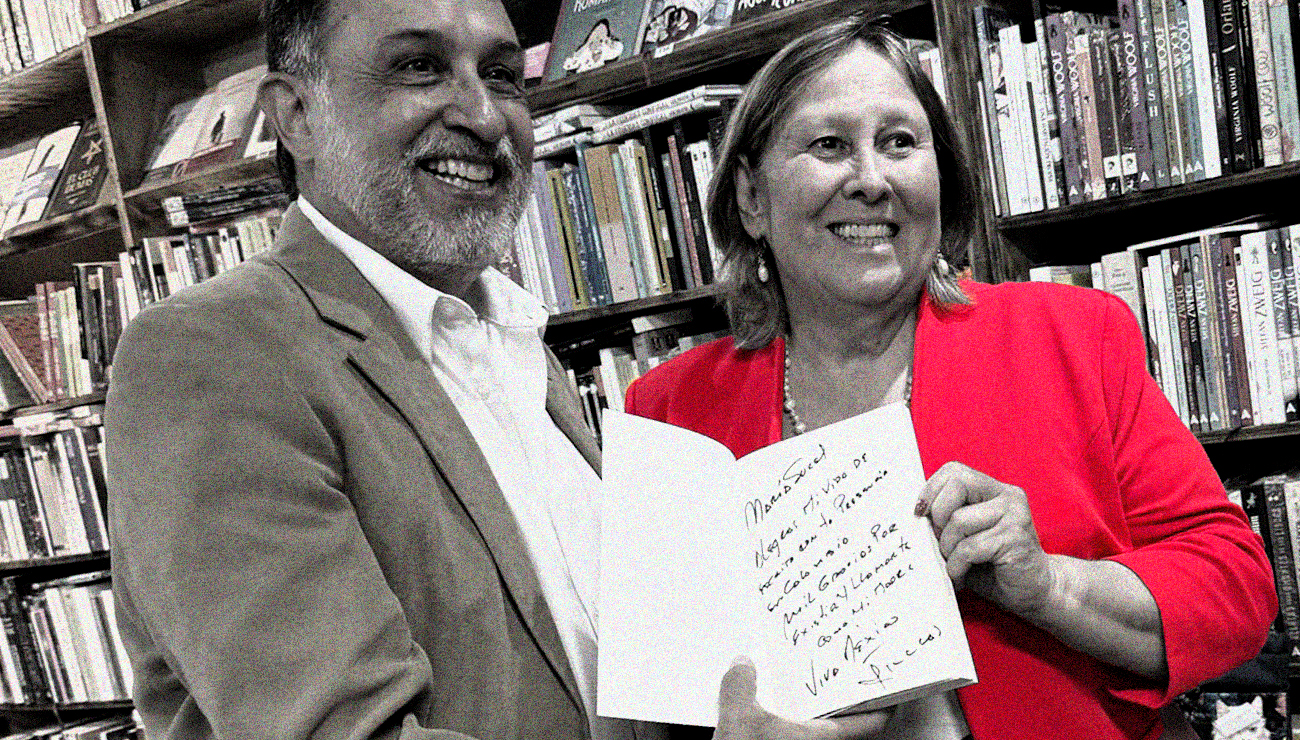
HB 3 in Florida: Protecting minors on social media, where the blame lies with either God or the Devil
Author: ©2025 William Castano-Bedoya
THREE-MILE CHRONICLES::
This was no ordinary walk. It was a journey filled with irony and sarcasm, inspired by the current reality that governs us, by the things happening around us that we often accept as mere spectators—without acting, without questioning. Amid the slow rhythm of my steps and the thoughts sparked with each one, I found myself reflecting on Florida’s HB 3, a law that claims to “protect” minors on social media. A walk that, much like the law itself, becomes entangled in conundrums, absurdities, and contradictions we can no longer ignore.
Finished reading and want more? Your next favorite story is just a click away.
Explore my books!
A Planetary Choreography: Each Tragedy Serves as a Screen to Hide Another
William Castaño
William Castaño-Bedoya is an American writer based in Coral Gables, Florida. His literary fiction explores the ethical, psychological, and emotional structures that shape human relationships, focusing on love, vulnerability, and the tensions between power and compassion. His narrative voice is marked by interiority, silence, and moral inquiry, privileging emotional intelligence over spectacle. After a long career in marketing and creative leadership, he turned fully to literature, bringing a strategic understanding of contemporary human experience to his work. He is the author of several novels, including "The Intriguing Stillness of the Tides", "We the Other People", "Ludovico", "Flowers for Maria Sucel", "The Galpon", and "We’ll Meet in Stockholm".



